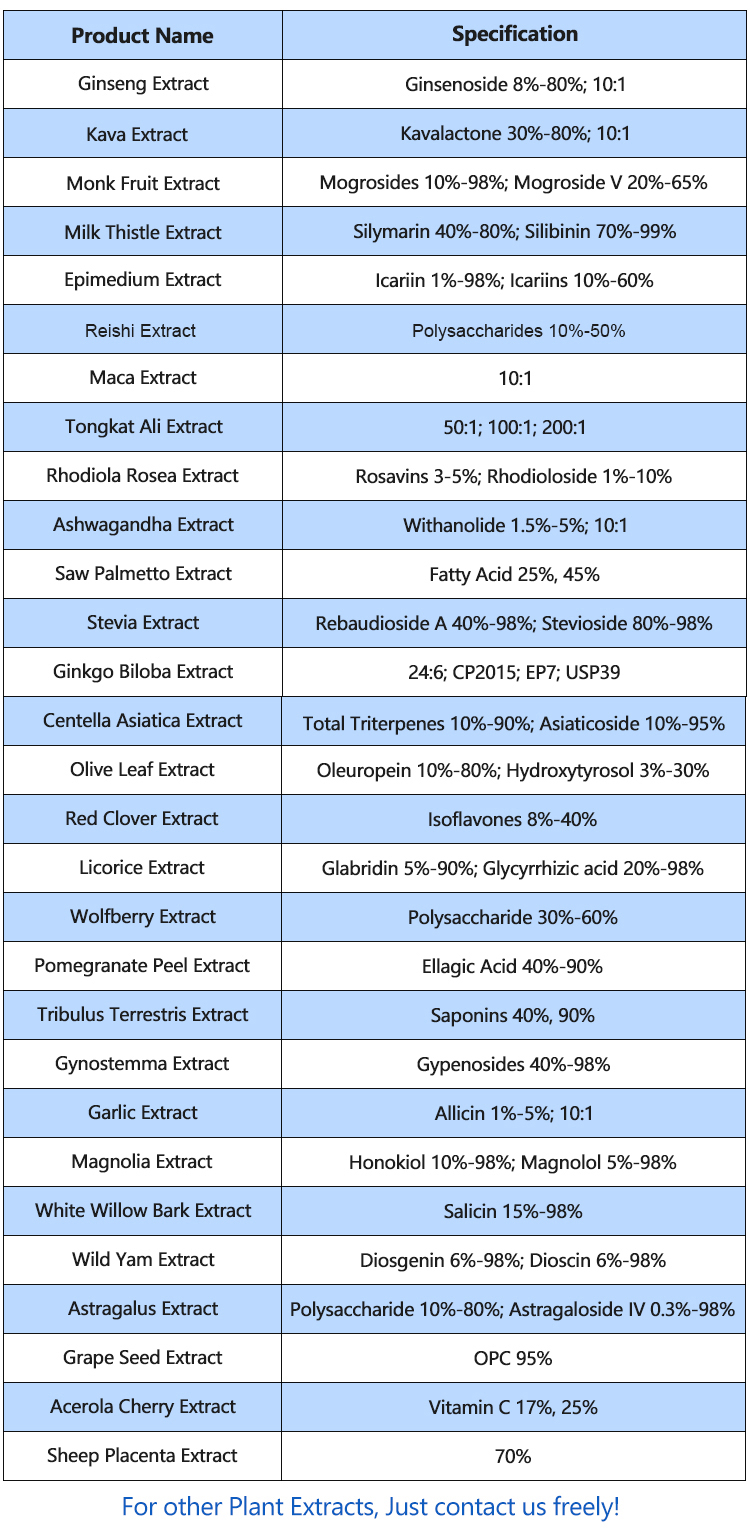Fisetin is a naturally occurring flavonoid compound found in various fruits and vegetables, such as strawberries, apples, onions, and cucumbers. It is known for its potential health benefits due to its antioxidant, anti-inflammatory, and neuroprotective properties. Fisetin has gained attention for its potential role in promoting health and mitigating various diseases. Here’s an overview of its functions and efficacy:
1. Antioxidant Activity: Fisetin acts as an antioxidant, meaning it helps to neutralize harmful molecules called free radicals in the body. Free radicals can cause oxidative stress, which is linked to various chronic diseases and aging. By scavenging these free radicals, fisetin may contribute to reducing oxidative damage to cells and tissues.

2. Anti-Inflammatory Effects: Fisetin has demonstrated anti-inflammatory effects by inhibiting certain inflammatory pathways and reducing the production of inflammatory molecules in the body. Chronic inflammation is associated with various diseases, including cardiovascular diseases, neurodegenerative disorders, and cancer. Fisetin’s anti-inflammatory properties could potentially help in managing these conditions.
3. Neuroprotection: Fisetin has been investigated for its potential neuroprotective effects. It may help protect nerve cells from damage and degeneration, potentially offering benefits for conditions like Alzheimer’s disease and other neurodegenerative disorders. Fisetin’s ability to modulate signaling pathways in the brain may contribute to its neuroprotective effects.
4. Anticancer Potential: Some studies suggest that fisetin might have anticancer properties. It has been investigated for its ability to inhibit the growth of cancer cells, induce cell death (apoptosis) in cancer cells, and suppress the formation of new blood vessels that support tumor growth (angiogenesis). However, more research is needed to fully understand its potential as a cancer-fighting agent.
5. Cardiovascular Health: Fisetin may contribute to cardiovascular health by improving blood vessel function, reducing oxidative stress in blood vessels, and having potential anti-atherosclerotic effects. These effects could help in preventing or managing cardiovascular diseases.
6. Longevity: Fisetin has been explored for its potential role in extending lifespan and promoting healthy aging. Some studies in animal models have shown that fisetin supplementation can extend the lifespan of certain organisms. However, the direct translation of these findings to humans is still under investigation.
It’s important to note that while fisetin shows promise in various areas, more extensive research is needed to fully understand its effects in humans. Many of the studies conducted so far have been in cell cultures or animal models, and human clinical trials are limited. Also, the optimal dosage, potential side effects, and long-term safety of fisetin supplementation require further investigation.
If you’re considering using fisetin supplements for health purposes, it’s recommended to consult with a healthcare professional before starting any new supplementation regimen, especially if you have existing health conditions or are taking other medications.
Adverse effects of Fisetin
Fisetin is a natural flavonoid compound found in various fruits and vegetables, such as strawberries, apples, grapes, and onions. It has gained attention due to its potential health benefits, including antioxidant and anti-inflammatory properties, as well as its potential to support brain health and protect against age-related cognitive decline. However, like any compound, there can be potential adverse effects associated with its use, although they are generally considered to be quite limited and mild. It’s important to note that research in this area is ongoing, and the information provided here is based on the knowledge available up until September 2021.
Here are some potential adverse effects of fisetin:
Allergic Reactions: Some individuals may be allergic to fisetin or foods that naturally contain it. Allergic reactions could include symptoms like itching, rash, hives, swelling, or difficulty breathing.
Gastrointestinal Distress: In some cases, high doses of fisetin supplements might lead to gastrointestinal discomfort, such as nausea, vomiting, or diarrhea.
Drug Interactions: Fisetin could potentially interact with certain medications due to its effects on various enzymes and biochemical pathways in the body. Individuals taking medications should consult their healthcare provider before using fisetin supplements to avoid any potential interactions.
Blood Clotting: Fisetin has been suggested to have antiplatelet and anticoagulant effects. While this could potentially be beneficial for cardiovascular health, it might also increase the risk of bleeding, particularly when used in combination with other blood-thinning medications or supplements.

Hormonal Effects: Fisetin may have estrogenic properties, meaning it could affect hormonal balance. This could have implications for individuals with hormone-sensitive conditions or those taking hormone-related medications.
Limited Safety Data: While fisetin is found naturally in foods and has been consumed as part of the human diet for centuries, the long-term safety of using fisetin supplements in higher concentrations is not well-established. More research is needed to fully understand its safety profile.
It’s important to emphasize that the adverse effects of fisetin appear to be relatively mild and uncommon, especially when consumed in moderate amounts through a diet rich in fruits and vegetables. If you’re considering using fisetin supplements, it’s recommended to consult with a healthcare professional, especially if you have preexisting medical conditions or are taking medications. As with any supplement, moderation and informed decision-making are key to ensuring your safety and well-being.
